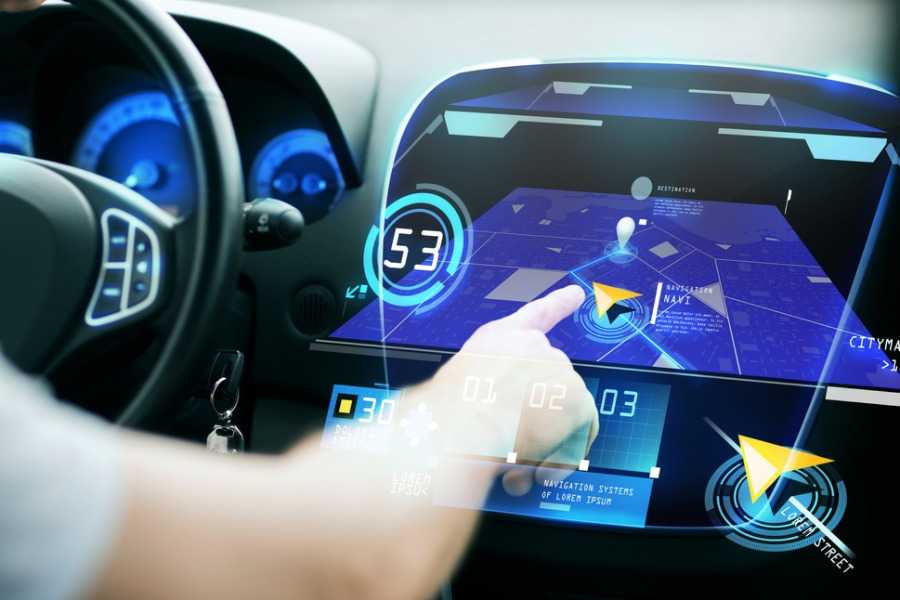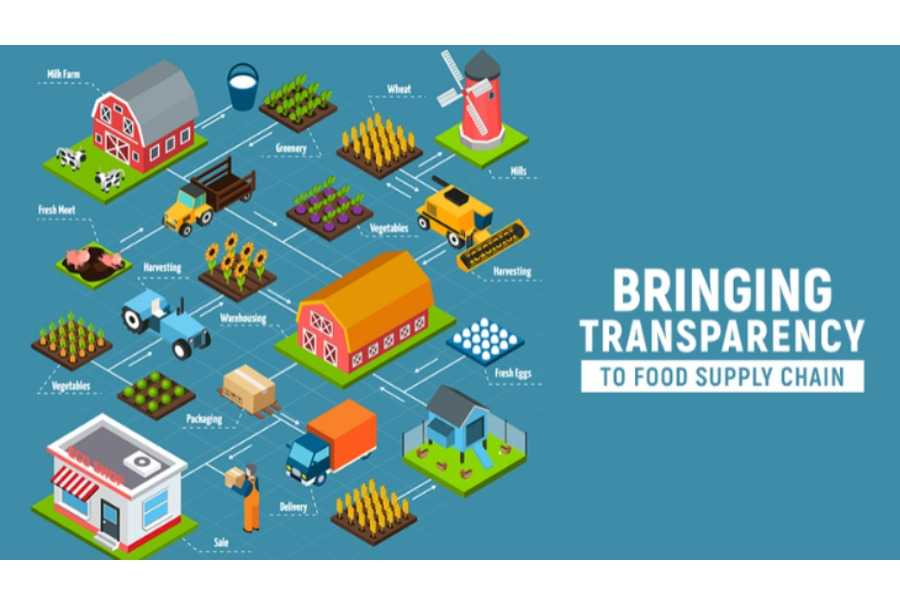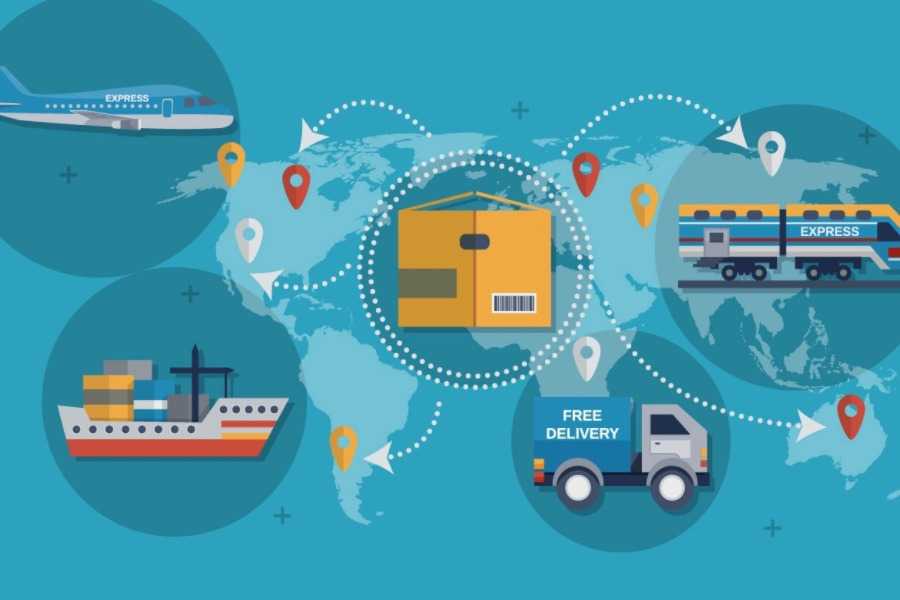
What Does Blockchain Solve?

Table Of Contents
What Does Blockchain Solve?
Blockchain technology, a term that has become a buzzword in recent years, is revolutionizing various industries by providing a new level of transparency, security, and efficiency. But what exactly does blockchain solve?
In this post, we’ll delve into the core problems that blockchain addresses and explore its practical applications in a range of sectors.
Understanding Blockchain

Blockchain, as the name suggests, is a chain of blocks that contain information. It’s a distributed ledger that is open to anyone and is incredibly secure. Once data is recorded in a blockchain, it becomes extremely difficult to change it.
Each block in a blockchain contains data, the hash (or fingerprint) of the block, and the hash of the previous block. This structure creates a chain of blocks, making blockchain highly secure. If you tamper with a single block, it invalidates all the following blocks.
Blockchain’s security comes from its creative use of hashing and the proof-of-work mechanism. It’s also secured by being distributed. Instead of a central entity managing the chain, blockchains use a peer-to-peer network that anyone can join. When someone joins this network, they get a full copy of the blockchain, which they can use to verify that everything is still in order.
Blockchain in Cryptocurrencies

The most popular application of blockchain is in cryptocurrencies. When Bitcoin launched in 2008, it allowed people to transact directly with one another without having to trust third parties like banks.
This direct transaction capability removed the need for intermediaries, reducing costs and increasing transaction speed. Since then, over 1600 different cryptocurrencies have been created, all leveraging the power of blockchain technology.
Blockchain in the Automotive Industry

Blockchain can also solve problems in the automotive industry, specifically odometer fraud. By replacing regular odometers with smart ones connected to the internet, we can frequently write a car’s mileage to a blockchain.
This creates a secure and digital certificate for each car, making it impossible to tamper with the data. Companies like Bosch are already developing and testing this technology. This application of blockchain could significantly reduce fraud in the used car market and increase consumer trust.
Blockchain as a Digital Notary

Blockchain can function as a digital notary, verifying signatures on legal documents. Websites like stampd.io allow you to add documents to the Bitcoin or Ethereum blockchain. Once added, you can always prove that you created a document at a certain point in time, much like a notary.
This application of blockchain could revolutionize the legal industry by providing a secure, transparent, and efficient way to verify documents.
Blockchain in Voting

Digital voting is another area where blockchain can make a significant impact. Blockchain-based voting systems would be very transparent, allowing everyone to verify the voting count for themselves.
It would also make tampering with votes very difficult. Companies like Agora are already working on developing such systems. This could lead to more secure and transparent elections, increasing public trust in the voting process.
Blockchain in the Food Industry

The food industry can use blockchain technology to track food products from the moment they are harvested or made, to when they end up in the hands of customers. This can help quickly isolate food causing harm due to contamination.
Walmart and IBM are currently working on such a system. This application of blockchain could significantly improve food safety and reduce the impact of food-borne diseases.
Blockchain and Smart Contracts

The power of blockchain is further enhanced when we add smart contracts. These are small computer programs that live on the blockchain and can perform actions when certain conditions are met. They can be used in various sectors, including insurance, healthcare, and music streaming.
For instance, insurance companies could use smart contracts to validate claims and calculate payouts. In healthcare, smart contracts could allow us to store our medical records on a blockchain and only allow doctors to access them when we approve it with a digital signature.
In the music industry, a future streaming service could set up smart contracts to automatically distribute subscription fees to artists based on how many times their songs have been listened to.
Blockchain in Supply Chain Management

Blockchain can also revolutionize supply chain management. By tracking products from manufacture to delivery, blockchain can increase transparency, reduce fraud, and ensure product authenticity.
This could be particularly useful in industries such as pharmaceuticals, where counterfeit products can have serious health implications.
Conclusion

As you can see, blockchain technology can be used in many different ways. It provides solutions to various problems, from ensuring transparency and security in transactions to tracking products in the supply chain and creating smart contracts.
Blockchain technology is constantly evolving, and its potential applications are vast and varied.
We’re excited to see how blockchain will continue to revolutionize industries and solve complex problems in the years to come. Stay tuned for more insightful content on blockchain, crypto, DeFi, GameFi, NFT, and Web3 topics.
Tags
Share
Related Posts




Quick Links
Legal Stuff

